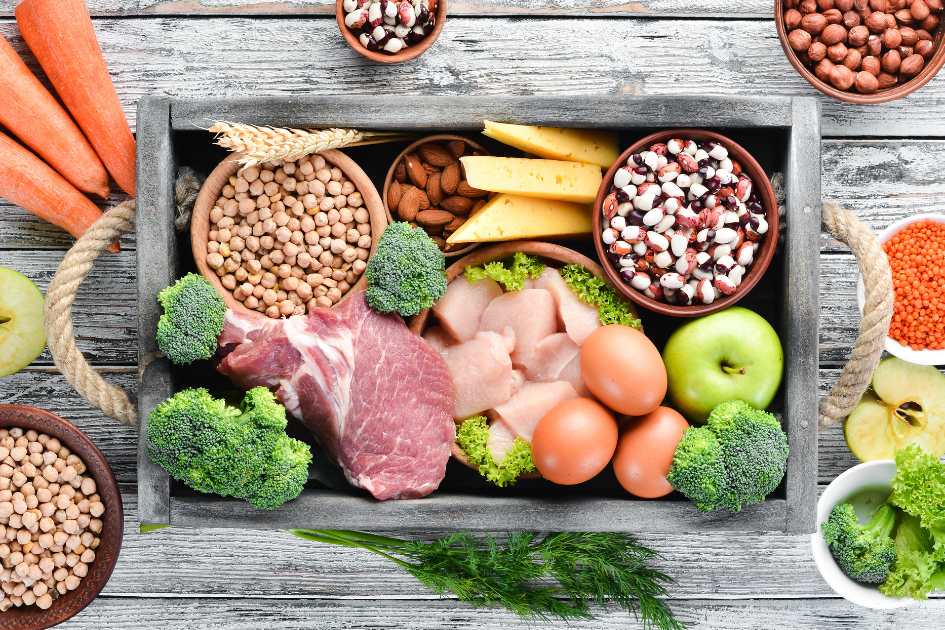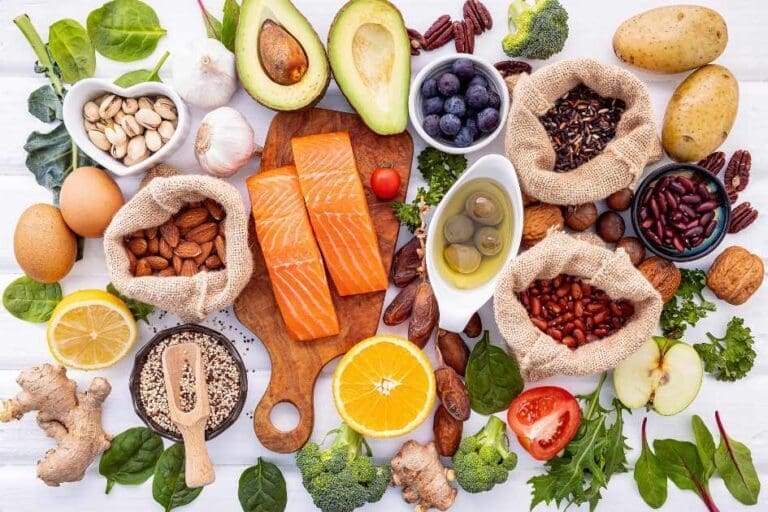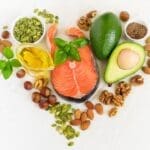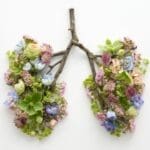In our daily hustle, it’s easy to overlook the importance of vitamins and minerals. Yet, these essential nutrients play a critical role in keeping our bodies functioning smoothly. But what exactly are they, and why are they so vital?
So, What Are Vitamins? And Why Are They So Important?
Vitamins are organic compounds that our bodies need in small amounts for various functions. They help in processes like energy production, immune function, blood clotting, and more. There are 13 essential vitamins, each serving unique purposes:
– Vitamin A: Vital for vision, immune function, and skin health.
– Vitamin C: Known for its role in boosting the immune system and acting as an antioxidant.
– Vitamin D: Helps with calcium absorption, essential for strong bones.
– Vitamin E: Acts as an antioxidant and helps protect cells from damage.
– Vitamin K: Important for blood clotting and bone health.
– B Vitamins (B1, B2, B3, B6, B12, Folate, Biotin, and Pantothenic Acid): Play a crucial role in energy production, brain function, and cell metabolism.
Let’s Talk About Minerals
Minerals are inorganic elements also crucial for our health. They aid in building strong bones and teeth, controlling body fluids inside and outside cells, and turning the food we eat into energy. Key minerals include:
– Calcium: Strengthens bones and teeth.
– Potassium: Helps with muscle function and heart health.
– Iron: Necessary for making hemoglobin, which carries oxygen in our blood.
– Magnesium: Supports muscle and nerve function and energy production.
– Zinc: Vital for immune function, wound healing, and DNA synthesis.
– Selenium: Protects against cell damage and supports the immune system.
Getting Vitamins and Minerals from Food
While we need vitamins and minerals in small amounts, our bodies cannot produce most of them. This means we must get them from our diet. A balanced diet rich in fruits, vegetables, nuts, seeds, dairy, and various animal proteins usually provides all the nutrients we need. For example:
– Fruits and Vegetables: Citrus fruits are high in Vitamin C, while leafy greens like spinach are rich in iron and magnesium.
– Nuts and Seeds: Almonds are a good source of Vitamin E, and pumpkin seeds provide a healthy dose of zinc.
– Dairy Products: Milk and cheese are excellent sources of calcium and Vitamin D.
– Animal Proteins: Fish like salmon and tuna are rich in vitamin D, omega-3 fatty acids, and also provide significant amounts of protein and B vitamins, including B6 and B12, which are essential for energy metabolism and brain health. Red meat and poultry are excellent sources of iron, which is crucial for transporting oxygen in the blood, and they also provide B vitamins such as B12, niacin (B3), and riboflavin (B2), all of which support energy production and overall cellular function. Eggs are a nutritional powerhouse containing vitamin D, B2 (riboflavin), B12, protein, and essential amino acids. They are also a good source of choline, which is vital for brain and muscle function.
However, some people may require supplements, especially if they have specific health conditions or dietary restrictions. For instance, individuals with limited sun exposure might need Vitamin D supplements, and vegetarians might need B12 supplements since this vitamin is primarily found in animal products.
Deficiency in these nutrients can lead to various health issues. Lack of Vitamin D can cause bone problems like Rickets and Osteomalacia. Rickets is a condition that affects bone development in children, leading to soft and weak bones, which can cause bone deformities and growth disturbances. Osteomalacia, on the other hand, affects adults and results in the softening of bones, leading to bone pain and an increased risk of fractures.
Insufficient iron can lead to anemia, characterized by fatigue and weakness. A deficiency in Vitamin C can result in scurvy, a condition marked by bleeding gums and joint pain. On the other hand, an excess of certain vitamins and minerals, often from over-supplementation, can also cause problems. For example, too much Vitamin A can lead to toxicity, causing symptoms like nausea and liver damage.

Vitamins and minerals are the unsung heroes of our diet. By ensuring we get a variety of nutrients from our food, we can support our overall health and well-being.













